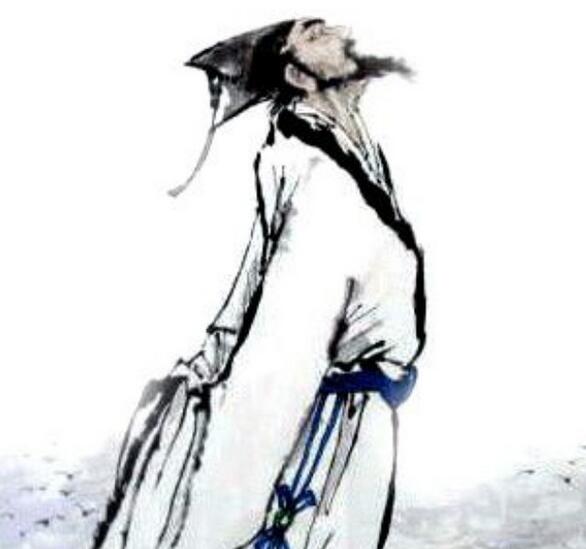(单词翻译:单击)
Su Shi (1037~1101) was born in Meishan, Meizhou (now part of Sichuan Province). His courtesy name was Zidan and his literary name Dongpo Jushi.
苏轼(1037~1101),字子瞻,号东坡居士, 眉州眉山(今属四川)人。
An erudite and foresighted scholar, he was twice banished for political persecutions. At the age of 45, he was banished to Huangzhou where he stayed for four years; When he was 59, he was exiled again to Huizhou for three years and then Danzhou, where he stayed for another three years before he was finally pardoned.
他学识渊博,思想通达,一生中受到两次严重的政治迫害:第一次是45岁时因“乌台诗案”被贬至黄州4年;第二次是在59岁时被贬往惠州,62岁时又贬至儋州,65岁才遇赦北归,前后经过6年。

Combining the perseverance advocated by the Confucians with the Taoists' practice of the ignorance of time and space and the Zenists' philosophy of treating the caprice of the world with a peaceful mind, Su Shi developed an aloof, unwavering yet positive attitude toward the misfortunes in his life.
他把儒家“君子固穷”的坚毅精神、老庄轻视有限时空和物质环境的超越态度以及禅宗以平常心对待一切变故的观念有机地结合起来,以一种超然物外的坚定沉着、乐观旷达的人生态度面对接踵而至的不幸,在逆境中依然保持浓郁的生活情趣和旺盛的创作活力。
Deeply engrossed in his extensive interests, he kept a prolific art capacity.
苏轼的文学思想是文道并重。
Su Shi believed that one's literary works should serve as a vehicle to carry his cause and they should further function as an advanced form revealing the spiritual activities of human beings.
他认为文章不仅仅是载道的工具,其自身的表现功能便是人类精神活动的一种高级形态。
No longer restricted to the Confucian ideal, Su Shi's cause was extended to refer to the general rule of the development of all things.
他心目中的“道”也不限于儒家之道,而是泛指事物的规律。
Therefore, he suggested that literary works should reflect the objective world, natural and diverse rather than stagnant and monotonous.
所以苏轼主张文章应像客观世界一样,文理自然,姿态横生,提倡艺术风格的多样化和生动性,反对千篇一律。
Holding fast to this principle, he wrote his prose in plain language and care-free styles. For his achievements in prose-writing, he was ranked as one of the "Eight Famous Scholars in the Tang and Song Dynasties".
他的文章风格多姿多彩,语言平易自然,气势雄放,为“唐宋八大家”之一。
His poems, care-free and well-crafted, are critical of the social ills and reflective to life.
他的诗歌批判现实,思考人生,超越技巧,挥洒自如。
He expanded the scope of ci, a traditional Chinese lyrical form, and extended its expressiveness by channeling masculinity into a once more feminine form. He helped to promote ci from a minor lyrical genre to a position equally important as shi.
他的词“自成一家”,突破了词为“艳科”的传统格局,扩大了词的表现功能,开拓了词境,将传统的表现女性化的柔情之词扩展为表现男性化的豪情之词,使词与诗一样充分表现作者的性情怀抱和人格个性,把词从“小道”提升为与诗具有同等地位的抒情文体。
Excellent in prose, shi and ci, Su Shi is often regarded as the representative of the literature in the Song Dynasty.
总之,苏轼在文、诗、词三个方面都达到了极高的造诣,堪称宋代文学最高成就的代表。
Furthermore, Su Shi's calligraphy and paintings were no lesser accomplishments than his poems. His father Su Xun and brother Su Zhe were also renowned literati at that time.
另外,苏轼在书法、绘画方面也颇有造诣。其父亲苏询、弟弟苏辙在当时也是著名的文人。


